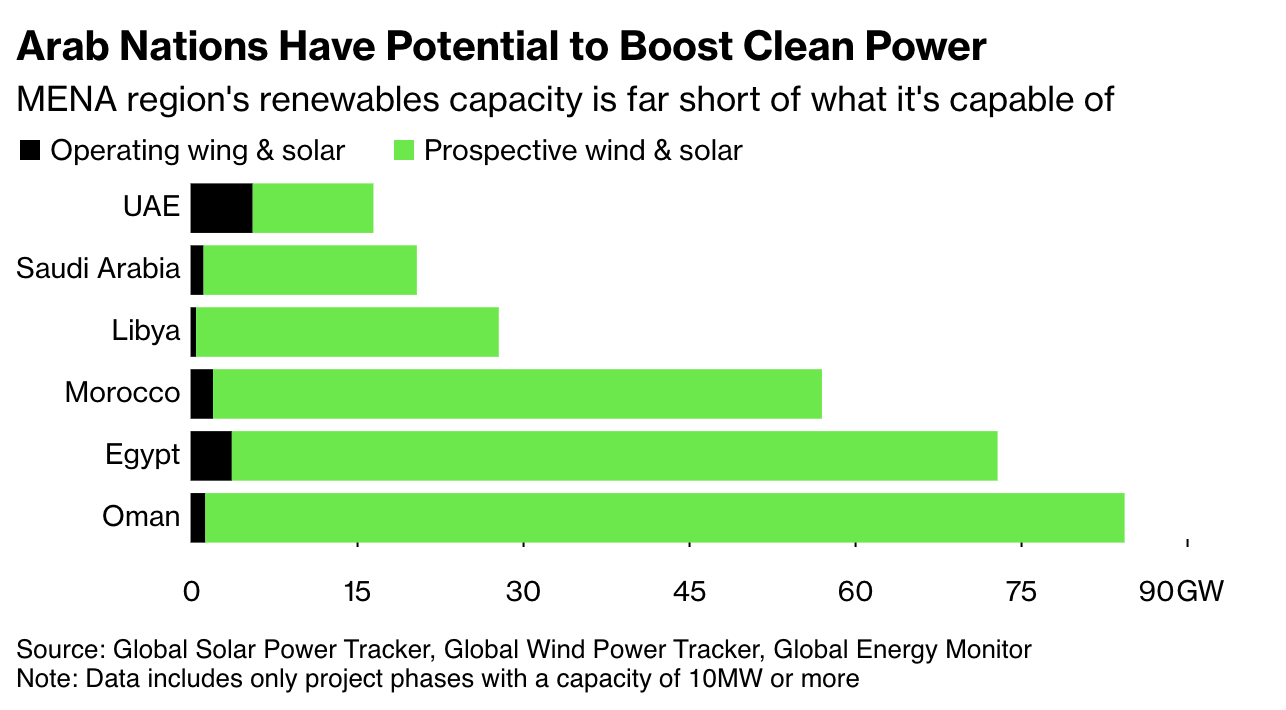Issue 149: Tech Regulation is Desperately Overdue
Welcome to Backstory, a weekly newsletter turning global technology shifts into a three-minute read. This week, we’re thinking about technology companies. – Mary Ames, Director of Strategy
THE BIG TAKE
Tech Regulation is Desperately Overdue
The sudden rise of artificial intelligence underscores the need for sensible and comprehensive technology regulations. AI is the most visible manifestation of how technology companies have developed with little meaningful oversight and how they have been able to use massive amounts of data to create new platforms that transform many facets of human life. We are bullish on technology’s promise to deliver a better and more productive world, but we are concerned about the unintended consequences of too few regulations.
Google in the spotlight. Things might be changing in the United States. Google faces the first major anti-trust lawsuit over its search engine business in years. The US government will try to show that Google effectively forces consumers to use its search engine to navigate the internet across multiple browsers and mobile phone apps. The lawsuit is part of a more significant effort to rein in the leading tech companies in the US, which was a priority under the Trump administration that has expanded under President Biden.
Too little, too late? A lot depends on the success of the Justice Department in this lawsuit. If they win, this will be the first in a series of suits that could change how the technology ecosystem operates in the US and the world. As we have said, small countries with large knowledge economies like the UAE and Estonia should take a significant role in crafting sensible tech regulations that foster innovation while protecting individuals and their data. The time to prepare a sound policy is now.
QUOTE OF THE WEEK
“Creativity is based on the belief that there’s no particular virtue in doing things the way they’ve always been done.”
– Rudolf Flesch, writer
CHART OF THE WEEK
This week, we are thinking about renewable energy. The major energy-producing countries of the Middle East are increasingly turning to renewables for their own needs. They have ample options when it comes to wind and solar power.
OUR VIEWS THIS WEEK
Digital well-being: It's time to get serious about well-being. Let’s face it: the world is still a wild place. The pandemic remains an ever-present threat. The global economy is up and down. Complicating matters is that we have never been more addicted to scrolling on our phones. Getting off one’s phone is much easier said than done, but even thirty minutes daily can make a big difference in one’s mental health. This is especially true if that screen time break happens before bed. We explore more tips and tricks in this piece published by Xische about digital health.
Aging in the digital age: Sticking with the theme of well-being, we published a piece looking at how we can strive for more purpose in our lives. Nothing inspires the human spirit more than the inevitability of aging. The famed Swiss psychologist Carl Jung transformed psychology with his ideas about the middle of our lives. Once we reach a certain halfway point, our prolonged decline stirs unavoidable emotions inside us. Read more in this piece published by Xische.
SPOTTED ELSEWHERE
Our brains are getting smaller. Our brains are big. Over the last two million years, our brains have increased in volume four times over. This is a hallmark of our unique intelligence and dominance on this planet. But the trends are reversing, and scientists are looking for the cause. The Wall Street Journal takes us inside the research on the fascinating and potentially concerning question of why our brains are shrinking.
Can we stop aging? Getting old is an unavoidable part of life. With technological advancements, a new generation of scientists is trying to reverse aging through cutting-edge research. Remarkably, the bleeding edge of this research is taking place in Saudi Arabia. The Kingdom is fast becoming one of the most dynamic countries in the world for aging research. Watch this space closely.













